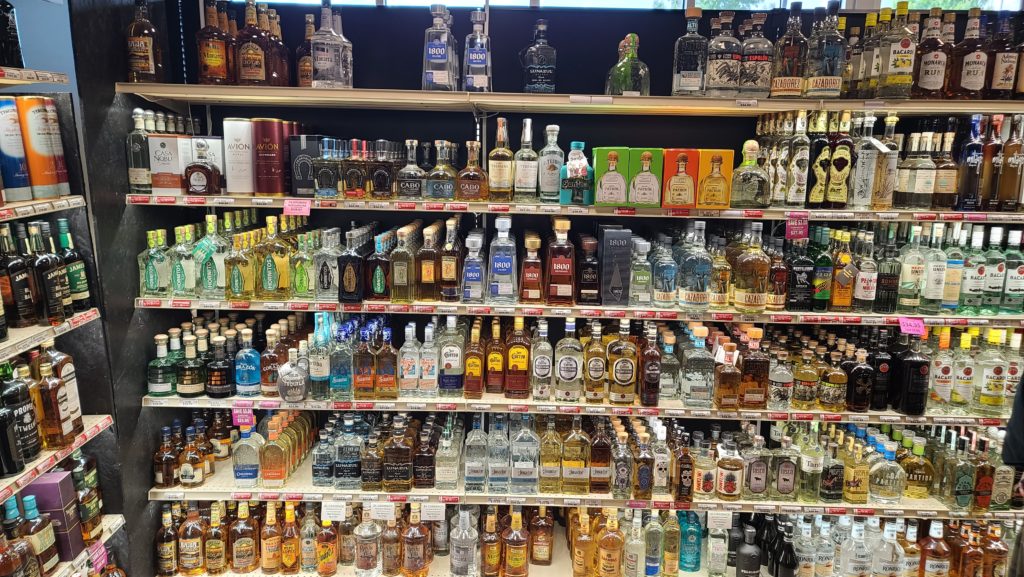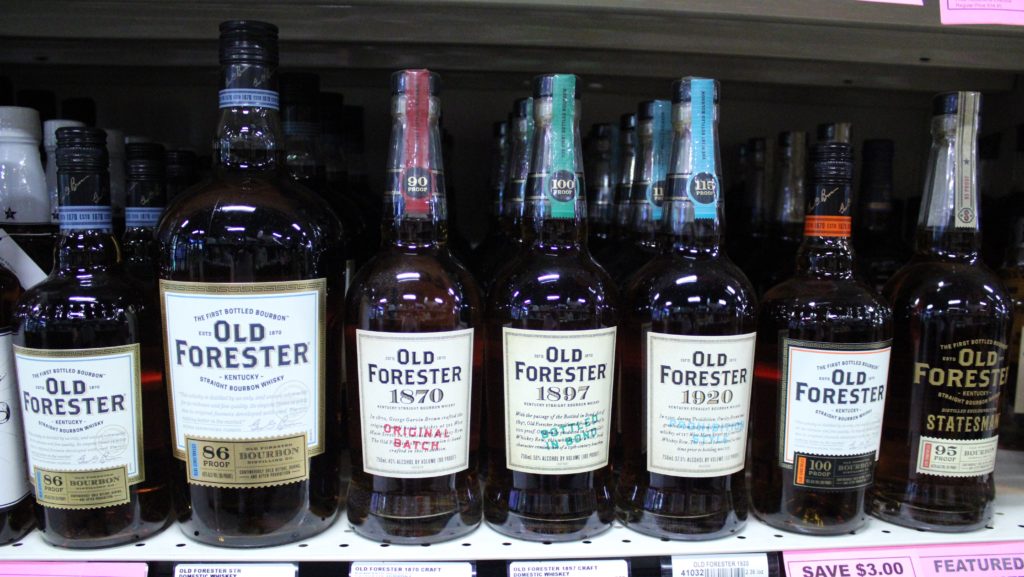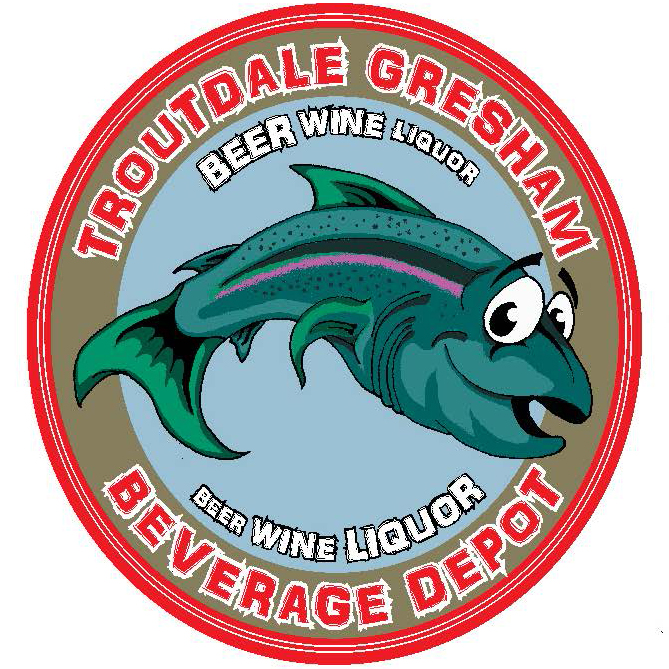 We stock a large selection of liquor, liqueurs and spirits in Gresham including Vodka, Rum, Tequila, Gin, Scotch, Bourbon and other Whiskeys. Our aim is to make sure we stock the brands you want, and work hard to ensure that whether you are from Troutdale, Centennial, Wood Village, Mt. Hood, Kelly Creek, Fairview, Rockwood, Asert, Gresham, Gresham Butte, Powell Valley, Wilkes East, or Gresham Pleasant Valley you will find the brand of liquor that you like when you come visit us!
We stock a large selection of liquor, liqueurs and spirits in Gresham including Vodka, Rum, Tequila, Gin, Scotch, Bourbon and other Whiskeys. Our aim is to make sure we stock the brands you want, and work hard to ensure that whether you are from Troutdale, Centennial, Wood Village, Mt. Hood, Kelly Creek, Fairview, Rockwood, Asert, Gresham, Gresham Butte, Powell Valley, Wilkes East, or Gresham Pleasant Valley you will find the brand of liquor that you like when you come visit us!
If you don’t find your favorite brand or size on our shelves, be sure to let one of the staff know and we will try to order it for you. Or, click here to enquire about a special order or ask if we stock your favorite Vodka, Gin, Rum or Bourbon!
Vodka
Vodka is the most neutral spirit we carry, and traditionally lacks a distinctive character, aroma, taste or color. Its origin dates from the 14th century in Russia and its name is derived from Voda, meaning ‘water’ in Russian. Vodka is the most popular selling individual spirit in the United States, all but replacing gin as the base in the much-loved Martini. Vodka can be produced from potatoes, grains, corn, wheat or even items such as grapes.

Tequila
A Mexican liquor distilled from the fermented blue agave plants, its history dates back to the early 1800’s. Tequila production first took place in the Tequila Region, in the state of Jalisco. Mexican law mandates that tequila must be made of at least 51 percent Agave or else it is considered mescal. In addition, any tequila that isn’t made up of 100 percent Blue Agave is considered a mixto. There are three varieties of tequila. Blanco is unaged and clear in color. Reposado is amber and has been aged in oak from two months to one year. Añejo is a dark amber color and has been aged in oak barrels for between one and three years.

Gin
Gin is a flavored spirit that is created by redistilling a high proof neutral spirit in the presence of juniper berries and other flavoring agents. Franciscus Sylvius, a Dutch physician and professor of medicine at the University of Leyden, is credited with the invention of gin in the seventeenth century. Originally named Genièvre – the French word for Juniper berry, it was shortened to Gin by the English later in the late 17th century. Gin gets its distinctive flavor from the various botanicals it is redistilled with. Some common ingredients include juniper berries, cassia bark, coriander and angelica root. The four distinct varieties of gin are Plymouth, London Dry, Dutch and Old Tom.

Rum
Most popular in the West Indies, Central and South America, rum is distilled from fermented sugar cane or molasses and gets its name from saccharum, the Latin word for sugar. Rum has been historically produced where sugar cane is grown. Its history dates back to the 17th century, when dark rum was first produced in the West Indies. More recently, light or white rum and flavored rums have been introduced.

Bourbon, Canadian, and Tennessee Whiskey
Bourbon (American whiskey) is made using between 51 and 79 percent corn. The remainder is made up of barley, wheat and/or rye. The spirit is aged in new charred oak barrels, usually between two and four years. Bourbon is required to be at least 80 proof / 40 percent ABV.

Scotch Whisky
Scotch whisky is a whisky produced at a distillery in Scotland, and must adhere to rules set forth in the Scotch Whisky Order of 1990. Scotch must be distilled from only two ingredients: water and malted barley. Fermentation can only be obtained using yeast. The spirit must then be distilled to a strength of less than 94.8 percent by ABV (alcohol by volume) so it retains the flavor of the raw materials.

No other substance can be added to Scotch when it is bottled except of water and caramel spirit. The four categories of Scotch are: single malt, vatted malt, blended and single grain. Scotch must have been aged for at least three years, with labels signifying the youngest scotch barrels used in the mix or blend. Most Scotch drinkers agree that good scotch must be at least 10 years in the barrel to obtain desired results.
Canadian whiskey is created with grains, barley, wheat and rye, but no law that requires any certain grain be dominant in the mix. The Canadian Government requires the spirit be aged at least three years, although most spend between six and eight years in the barrel before being bottled.
Tennessee whiskey is at least 51 percent corn with barley, wheat and/or rye making up the remainder. Tennessee whisky must then be filtered through maple charcoal, before aging begins, typically lasting at least four years.
 2705 NE 238th Drive Suite G, Wood Village, OR 97060
2705 NE 238th Drive Suite G, Wood Village, OR 97060